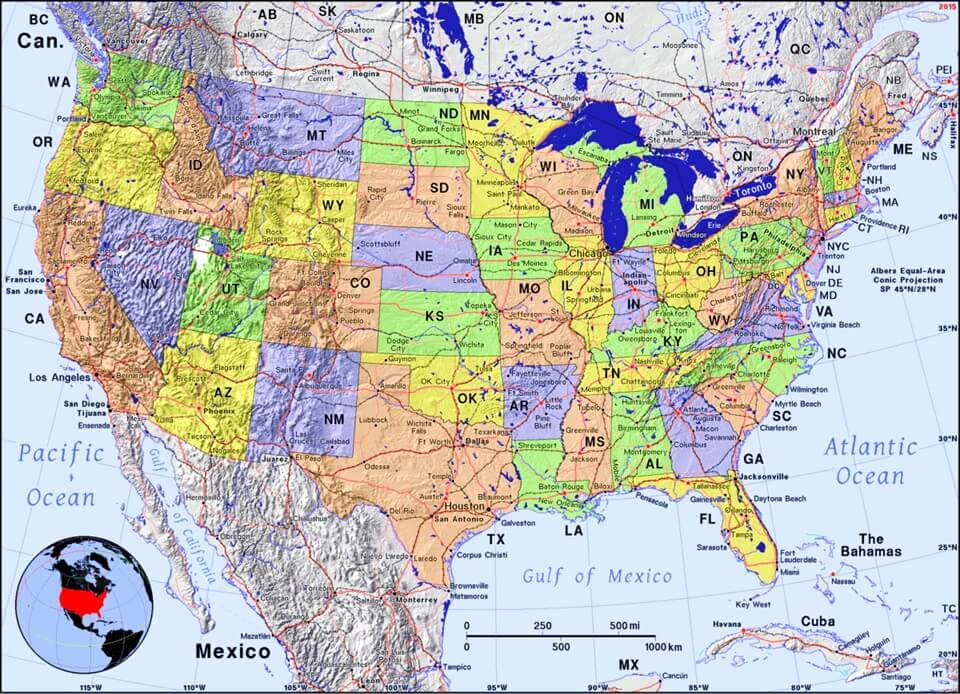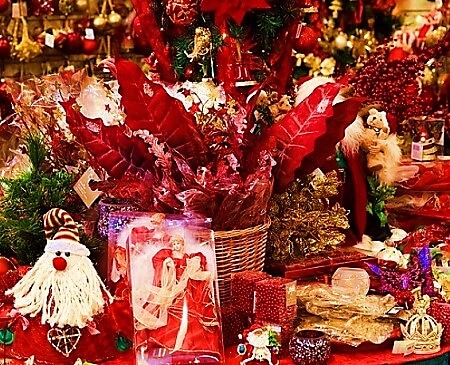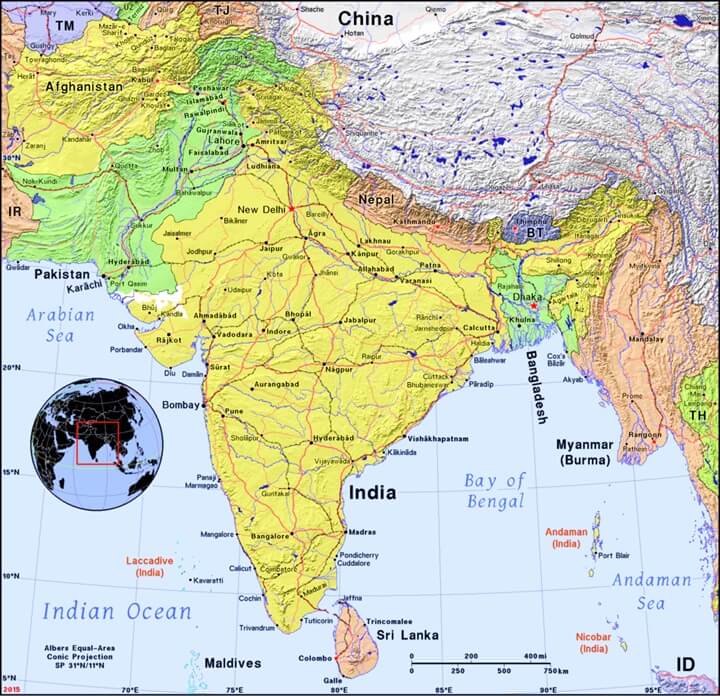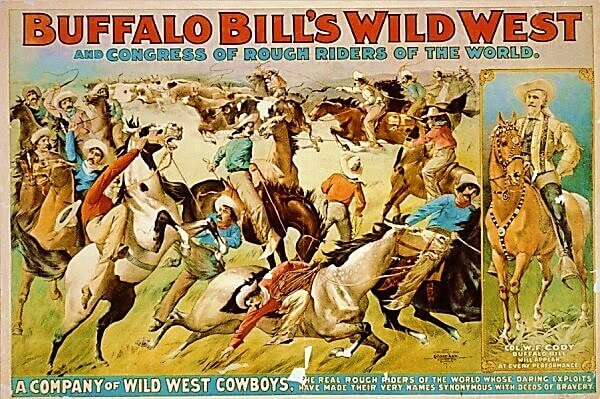 Poets of Nature, Revelry, and Rhyme
Nature, Revelry, and Rhyme
Poets of Nature, Revelry, and Rhyme
Nature, Revelry, and Rhyme

 Poets of Nature, Revelry, and Rhyme
Nature, Revelry, and Rhyme
Poets of Nature, Revelry, and Rhyme
Nature, Revelry, and Rhyme

Study the poem for one week.
Over the week:


Activity 1: Recite the Title, the Poet's Name, and the Poem
Activity 2: Study the Poem Picture

Activity 3: Narrate the Poem
After reading or listening to the poem, narrate the poem events aloud using your own words.
Activity 5: Map the Poem

Activity 6: Can You Find It?
The poem narrator expresses admiration for Buffalo Bill, who was an 1800s-era guide, pony express rider, buffalo hunter, and showman from the wild west of America.
Buffalo Bill and his rough riders toured the United States and Europe and put on Wild West Shows featuring settlers, cowboys, buffalos, and American Indians.
Zoom in and find the following in the Buffalo Bill poster below:
